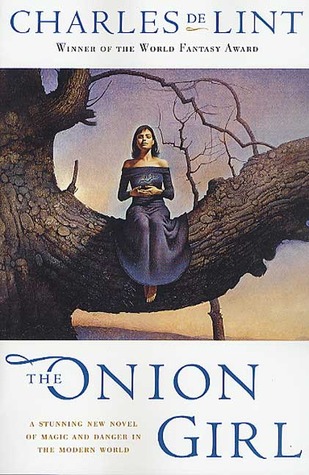Summary (Courtesy of
Goodreads): On Internment, the floating island in the clouds where 16-year-old Morgan Stockhour lives, getting too close to the edge can lead to madness. Even though Morgan's older brother, Lex, was a Jumper, Morgan vows never to end up like him. She tries her best not to mind that her life is orderly and boring, and if she ever wonders about the ground, and why it is forbidden, she takes solace in best friend Pen and her betrothed, Basil.
Then a murder, the first in a generation, rocks the city. With whispers swirling and fear on the wind, Morgan can no longer stop herself from investigating, especially when she meets Judas. He is the boy being blamed for the murder — betrothed to the victim — but Morgan is convinced of his innocence. Secrets lay at the heart of Internment, but nothing can prepare Morgan for what she will find — or who she will lose.
And here's what I thought: I liked the author's previous series, the Chemical Garden books, so when I saw this was a different series opener (Internment Chronicles), I thought I'd give it a try. I really like the worlds that the author sets up, because I think they're not only imaginative, but thought-provoking, as well. In this book, the characters live in a world that floats in the clouds, where everything is very strictly regulated (including births and deaths). At first, it seems like all is well, although there are so many rules. However, it becomes apparent pretty quickly that no, not everything is well -- there are several cracks in the veneer of "it's a wonderful life" going on.
The author's writing style is descriptive, and she has a nice flow to not only the pace, but the character development. I found Morgan to be an appealing and sympathetic character, and I liked how, as the story progressed, that her views on her world seemed to open up, and she became more mature. The supporting characters are just as good -- her best friend, her brother, and her brother's wife are all interesting and developed.
One of the other things I liked in the book was that in the world the author has created, there seems to be a blend of the somewhat futuristic, and the archaic, both in objects and in language. For example, there is some kind of field that keeps this place floating, but at the same time, they rely on simple-sounding electricity and plumbing. On page 18, it's explained: "The city's electricity is generated by the glasslands, which is a series of panels and globes that gather the sun's energy and store it so that it can be converted into electricity. But there are ground technologies we don't use because the king believes they would complicate our world, make it too dangerous. The king says that the ground makes people greedy and wasteful, while the people of Internment are resourceful and humble." It reads in the book like people are using solar energy, and composting technology -- but it makes you wonder what's going on below, on the ground. The language, as well, is an interesting combination of things. For example, Morgan has a betrothed Basil, who is apparently her fiance' in an arranged marriage. The word "betrothed" is one that we often think of as old-fashioned. Similarly, Morgan at one point refers to her future years, where old people live in what's called "dodder" housing. "Doddering" is a verb that we don't really use a lot (at least, I don't hear it used a lot).
And speaking of the dodder housing, remember how I mentioned that in this world, things are strictly regulated? On page 138, for example: "That's how long we have left - not quite sixty years, give or take a few months. At age seventy-five, we'll be dispatched in order to make room for new births. To live beyond our useful years would be selfish. That's how we show our gratitude to the god in the sky. We live our lives, and then when we have no more to give but our lives, that's what we do."
There are a lot of thought-provoking elements to this story, and really, that's one of the things I've grown to like about this author. She doesn't shy away from things, or putting elements into a story that might be a little disturbing. There's a lot to think about, beyond the individual characters and what they are doing, and instead, you find yourself contemplating the greater world that the author has created.
This is the first in a series, and I'll be interested to see where things go.
And I shall attempt to now wait patiently for the next book. Sigh.
First lines: We live encapsulated by the trains. They go around in a perfect oval at all hours, stopping for thirty-five seconds in each section so the commuters are able to board and depart. Beyond the tracks, after the fence, there's sky. Engineers crafted a scope so that we can see the ground below us.





















